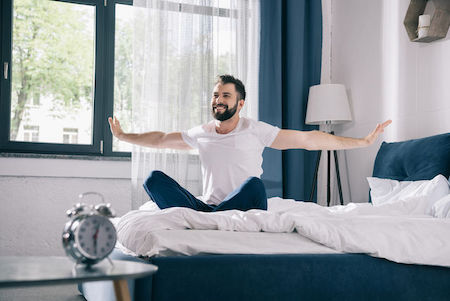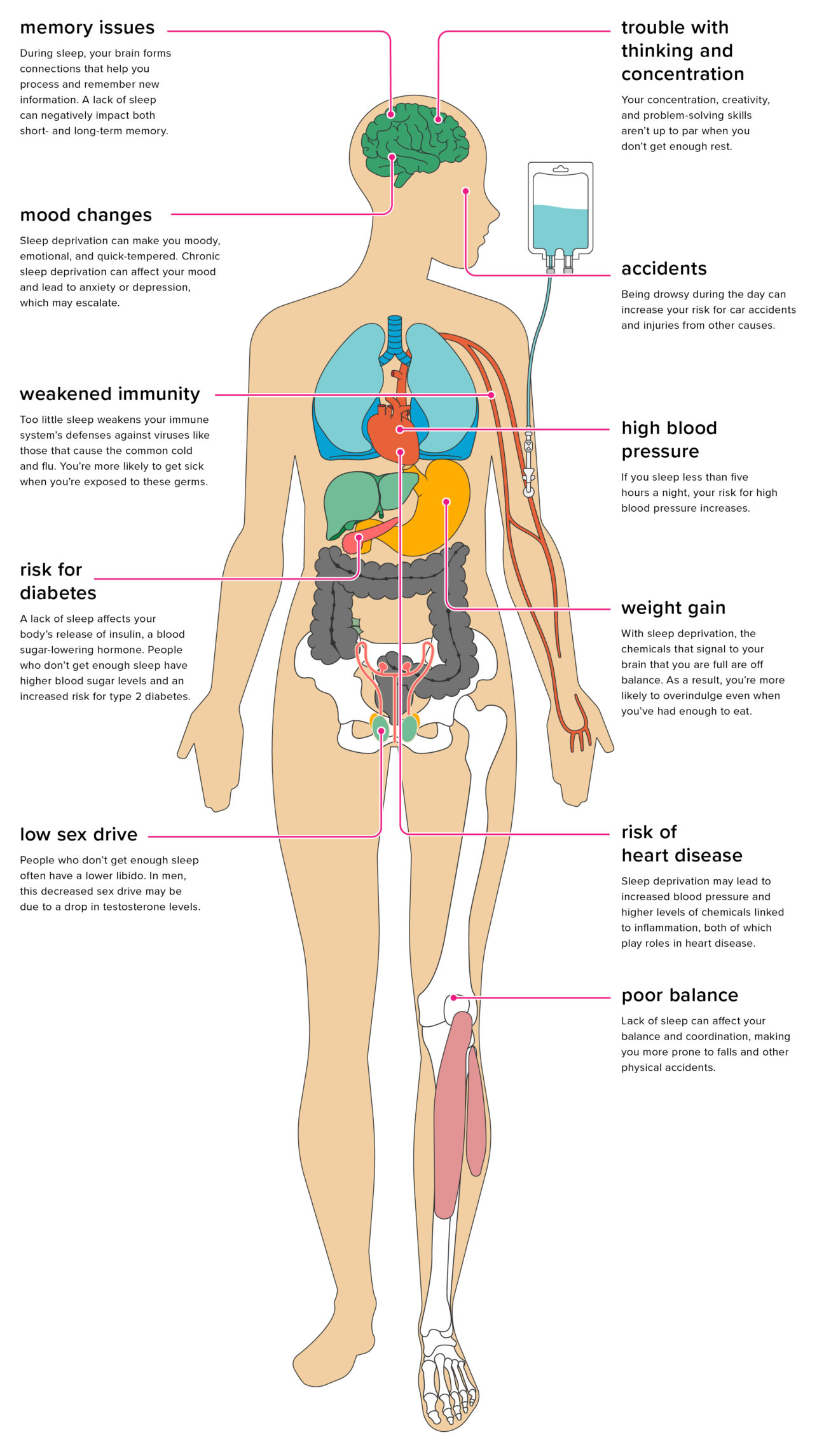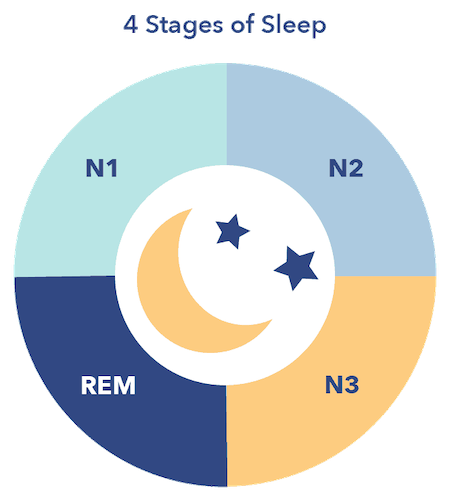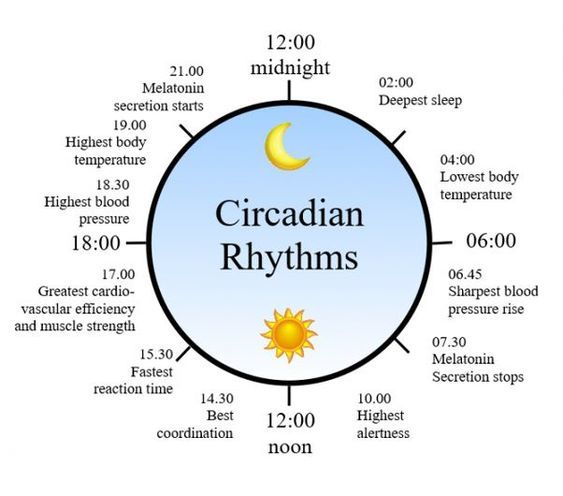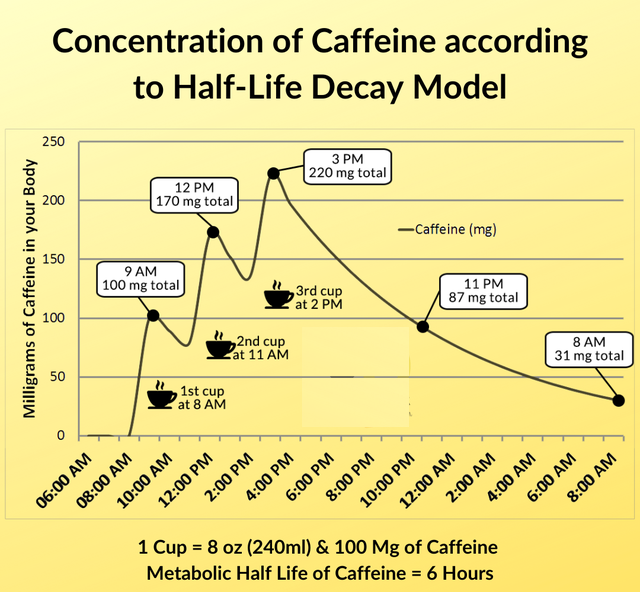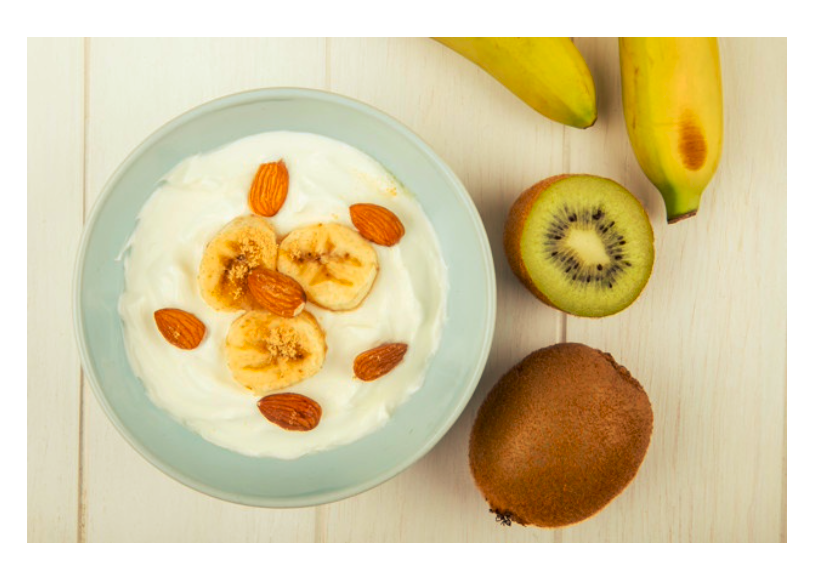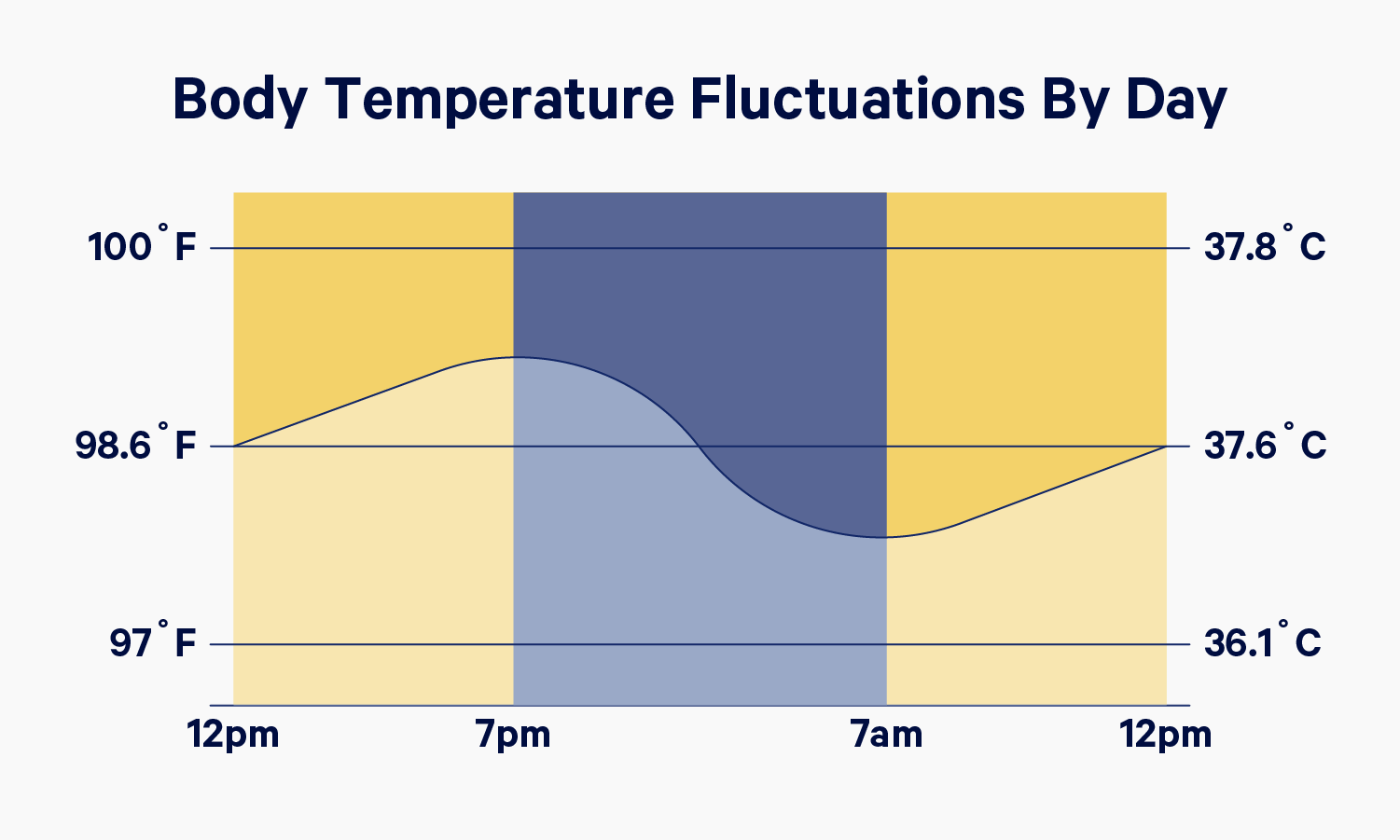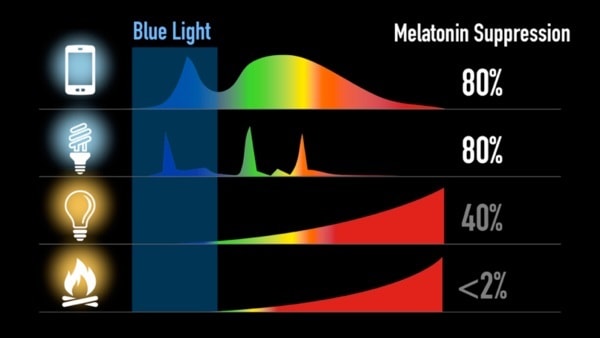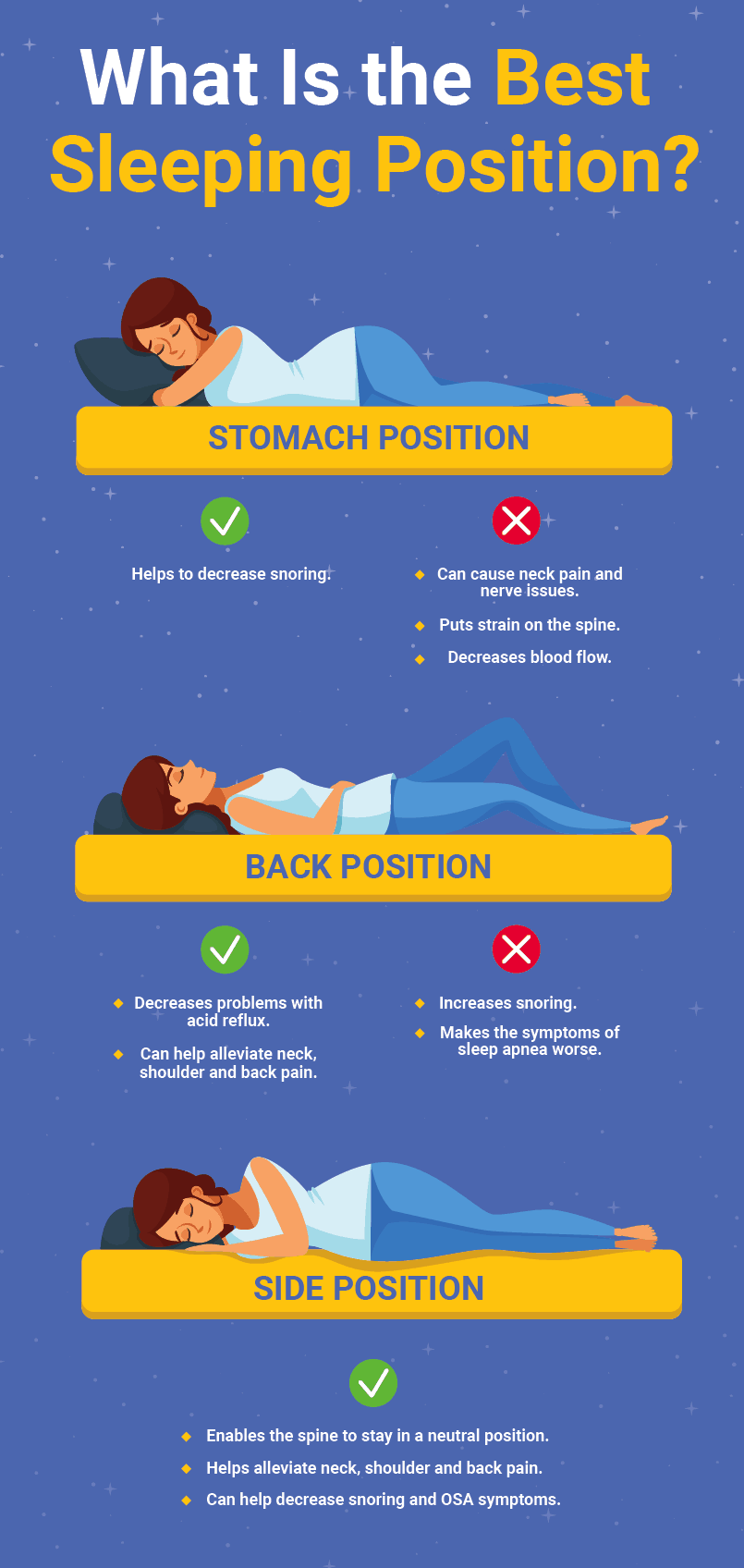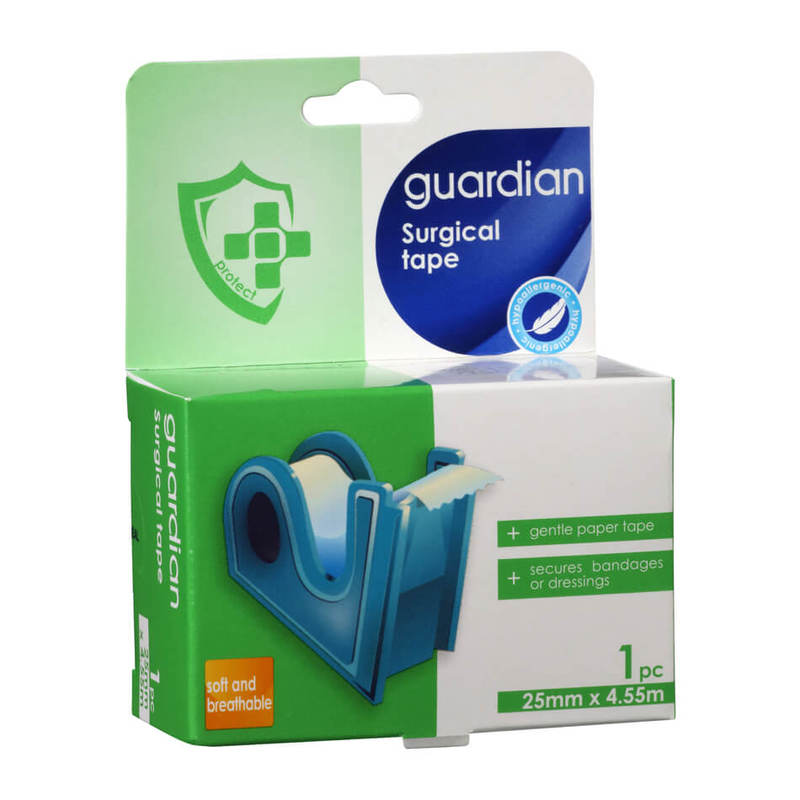You can experiment with mouth taping to ensure you are breathing through your nose and not mouth during sleep. Nose breathing increases intake of nitric oxide which is crucial for brain function, cardiovascular health, and overall blood oxygen levels for improved sleep. It also reduces snoring and balances pH levels in your mouth to prevent dental decay, dry mouth, and gum disease. Mouth breathing is associated with numerous health conditions like snoring, allergies, and oral decay.
Simply apply a small strip of surgical tape horizontally across your lips so your entire mouth area is covered. You can apply petroleum jelly to your lips beforehand to prevent irritation and tape residue. And fold one end of the tape to crease s small handle for easy disposal in the morning.

